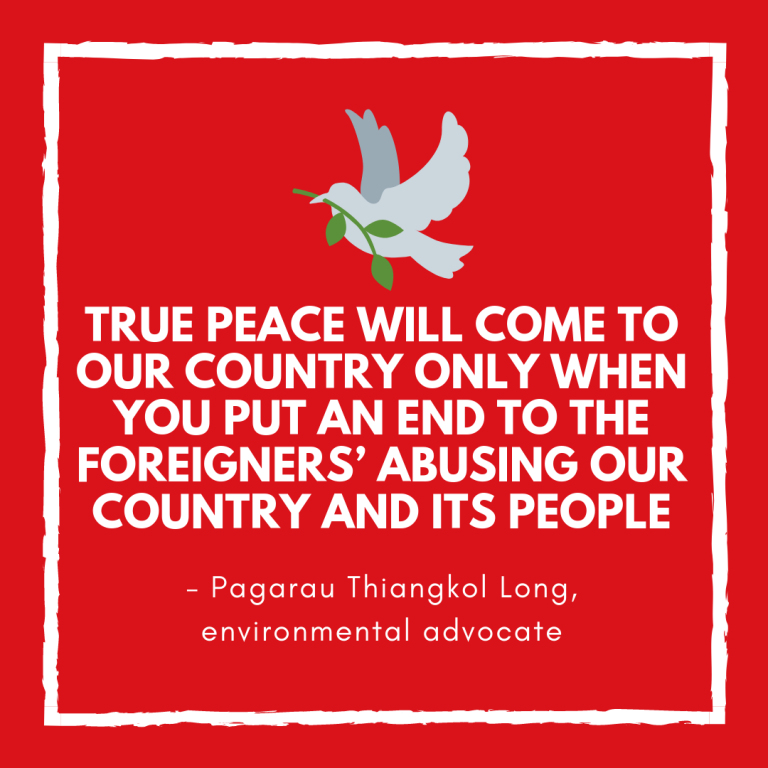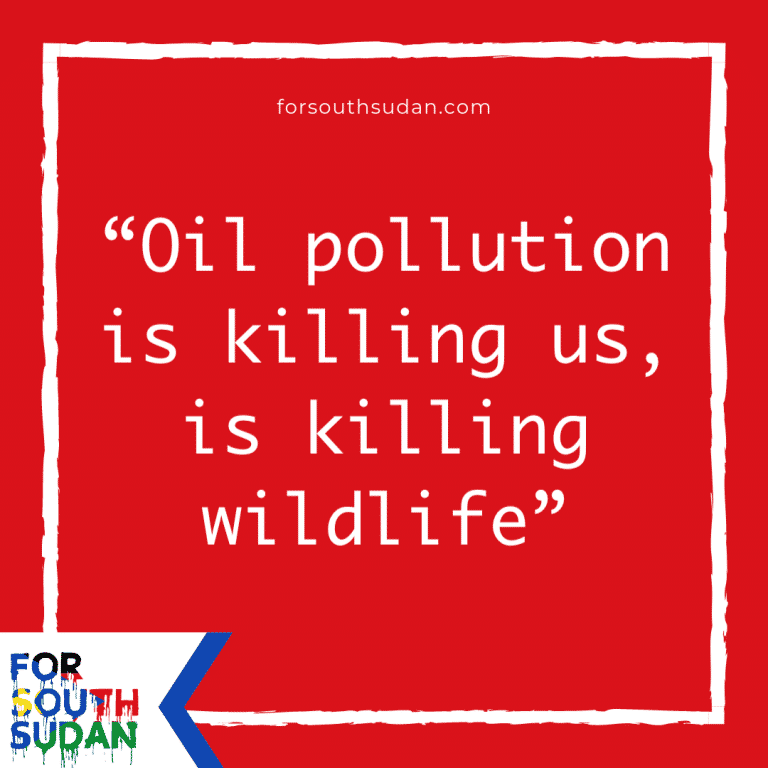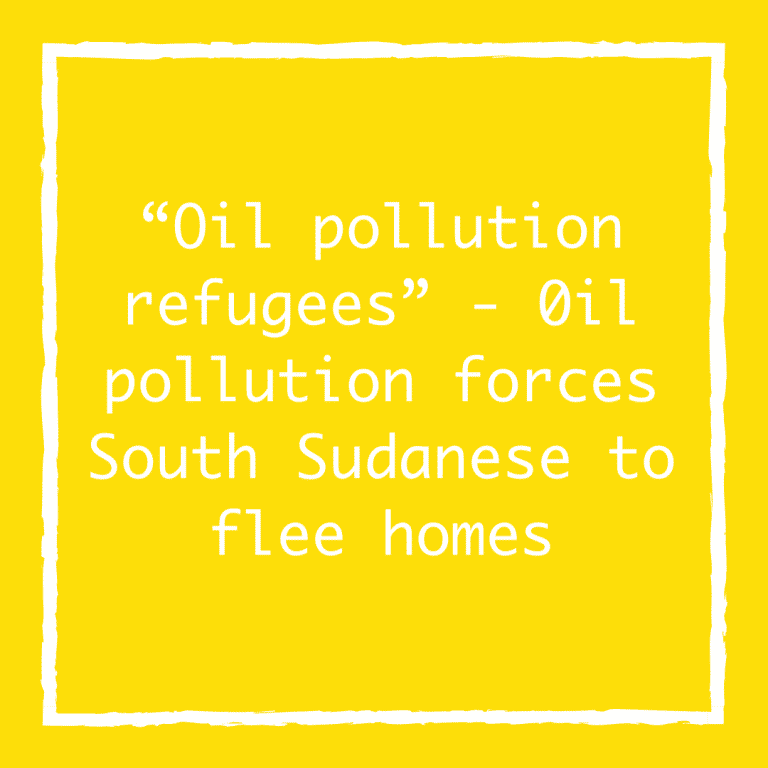https://ceobs.org/report-is-south-sudans-sudd-wetland-at-a-fork-in-the-road/
Is South Sudan’s Sudd wetland at a fork in the road?
Introduction
The Sudd wetland is one of the most unique and valuable ecosystems on Earth. It is the largest wetland in Africa, a designated a Ramsar site, and supports endangered mammalian species, rich and abundant fish populations, and around 1 million people whose livelihoods are attuned to the changes in the environment – particularly through cattle herding. The Sudd wetlands are of critical importance to South Sudan and the wider region through two competing factors – the value of the oil below them, and the important ecosystem services they currently provide.
To date, this relationship between oil and water has been catastrophic for the country and for the wetlands. This is laid bare in the recent September 2021 Human Rights Council paper on ‘Human rights violations and related economic crimes’. This reveals and documents how political leaders have systematically and illicitly diverted staggering sums from the public coffers, in part by a highly informal system of oil revenue collection. The same findings were also outlined in an independent report by Crisis Group in October. Unaccountable oil consortia and their political counterparts have wrought considerable environmental degradation to the Sudd, particularly via crude oil contamination of the wetlands, with severe consequences for the health of communities. This situation has arisen because of, and feeds into, conflict in South Sudan.
South Sudan’s totemic Sudd wetlands are at a fork in the road. Down one path lies further oil exploration and drainage for hydropolitical gain. Down the other path is preservation, keeping oil in the ground for peace, and for the full capitalisation of the ecosystem services the wetland can provide, protecting livelihoods against climate change. Now is the time for governmental decisions on which path to take, and this will be heavily influenced by the type of support and incentives offered by international donors.
Down either path lies uncertainty – there is simply a huge knowledge gap when it comes to the Sudd, and it is critical there are now further observations and research into its hydrology, into the damage from oil production and into the Sudd’s role in flood prevention, its modulation of the regional climate, and as a carbon source or sink.
In this report we explore these two pathways in more detail and the accompanying knowledge gaps. In an accompanying article we investigate how the seasonal extent of the Sudd is – or isn’t – linked to pastoralist conflict.
Key findings
- Oil pollution has continued as production has resumed following the civil war. Pollution may have recently been exacerbated by catastrophic flooding, potentially dispersing contaminated water across the landscape and into settlements.
- A recent licensing round and renewed activity around new pipelines indicates oil, and its associated conflict and environmental ills, may dominate the landscape for decades to come. Given the relatively small revenues versus the damage wrought, we recommend further exploration of Crisis Group’s recent suggestion that international donors pay to keep oil in the ground.
- There are moves to resume construction of the Jonglei canal, to drain the Sudd for regional hydro-political gain. This is an existential risk because not enough is known about the region’s hydrology to do so. Field research is required to inform state of the art hydrological modelling.
- One of the key arguments for the canal, and possibly to mitigate emissions from oil expansion, is to reduce the natural emissions of methane. However, the Sudd also stores carbon, and it is unclear if overall it is a carbon store or sink. Field research is crucial.
- If the wetlands are a carbon sink, and degraded areas can be restored, this opens up the Sudd’s potential as a huge carbon store – a global ecosystem service that should be compensated for in a manner similar to REDD, opening up a sustainable development pathway.
- One hope for the Sudd is the emergence of local civil society organisations. Although they face significant security and resource challenges, through their work the people of the Sudd are beginning to understand the threats they face. This is essential in holding the government to account.



